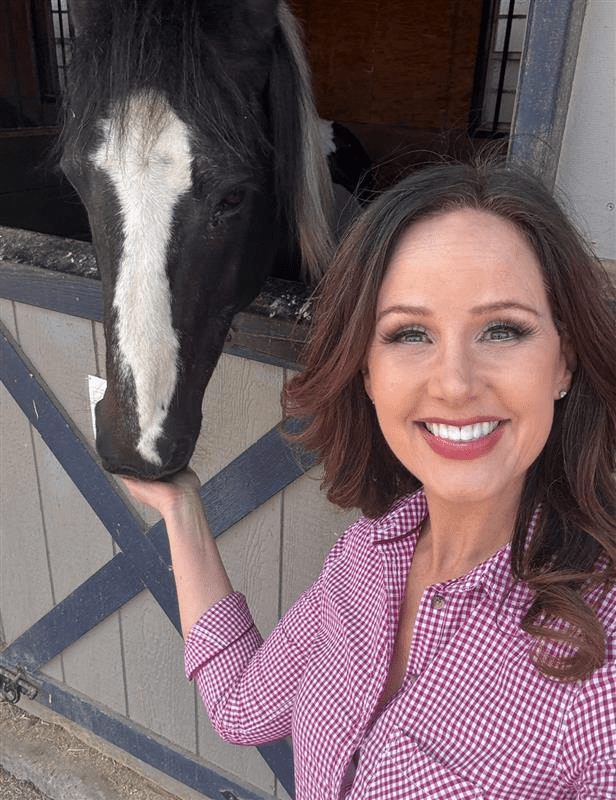Parenting and raising a family depends on systems. Whether we are sticklers for the rules or lax on restrictions, each family governs in a different way. We each do what works for us, so when you consider a summer camp, trying to match the camp’s philosophy to your own will help create a pleasant summer camp experience for your child and you.
For generations, summer camps have been accepting communities where children gain important life skills such as self-confidence, leadership, and respect for others. And individual guidelines of camp life — such as participation, food rules, technology usage, and dress codes — are a large part of what has allowed camps to maintain these positive environments.
With so many options available, a parent’s primary job when selecting a camp for her child all boils down to one thing: the family’s values. While that might not exactly be the first thing that comes to mind, and, rightly so (you may be initially more focused on the practical matters, such as distance from home, counselor-to-camper ratio, and such), consider this: your child will be spending a good portion of the summer under the rules and regulations of someone else, so it is necessary to make sure that your standards and beliefs are in line with the camp. Just as schools have various rules, missions, and principles, so do camps.
Naturally, you want to make sure that your child is safe and enjoys the camp experience, but you also want to make sure the camp’s values align with your family’s beliefs, and that your child will get the most he can out of his time there, physically, mentally, and spiritually.
Here are some facets to consider regarding rules and regulations when perusing camps to ensure a positive summer camp experience:
Clothing
Whether the camp mandates a uniform shirt or allows a more liberal clothing policy, the goal is to have children fit in, not be judged by their clothes, and feel fully comfortable. Often, the societal pressures children feel during the year to wear certain brands or wear makeup can interfere with everyday camp activities. To reduce these pressures, many camps have implemented dress codes.
Uniforms allow children to focus on their activities and bonding rather than what another camper is wearing. Besides camps that have a uniform, some restrict campers from bringing brand-name clothing, or ask that campers only pack solid-colored clothing.
Makeup, hair dryers, curling irons, and hair straighteners are sometimes not allowed. Some camps employ a one-piece bathing suit policy at camp, as it prevents wardrobe malfunctions, which, in turn, helps girls participate more in physical activity when they feel comfortable.
Electronics
Along with restrictions on clothes and accessories, the majority of summer camps don’t allow smartphones, iPads, laptops, or electronic games. While it can be a challenge for both campers and staff to overcome the impulse to check their phone for social media updates and texts, some kids are more relaxed once they do make the separation.
Some camps have strict policies regarding cellphone use, and will even send children home for violating them. Some parents and children don’t feel comfortable without having cellphone access, so it’s imperative to find out about your potential camps’ electronics policies.
Food
Camp food has encountered one of the most dramatic changes over the years than any other area. Back in the day, you were handed a peanut butter and jelly sandwich — and today, your child may be privy to gourmet meals and snacks that are tailored toward his individual health issues. With food allergies on the rise, the rules about food are strict to provide a safe place for all children. Most camp directors agree that so much food is typically offered throughout the day that there is no need for children to either not eat or hide food. Most counselors and staff monitor food consumption, but this is an especially big concern for children with allergies or anxiety.
Social
Every good camp operates with the child’s growth and progress in mind, but the way it reinforces its core values may show up in a number of different ways. Are campers supervised at all times? Must they participate in every activity? How much free time do they have? If your child is on the quiet side, will staff keep an eye on the social aspect and encourage him to make friends and hold activities to encourage bonding? Some camps set aside alone time to read or draw, while others are on a stricter regimen and require full participation in all activities.
Like many things, it all comes down to what you and your child feel comfortable with. Camp can be an amazing experience that encourages self-growth and independence, and finding a camp that your child will thrive in makes all the difference.
Danielle Sullivan is a writer living in New York City. Follow her on Instagram @Deewrite.























